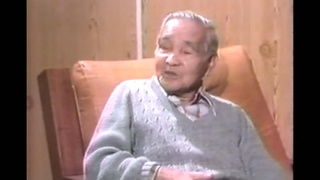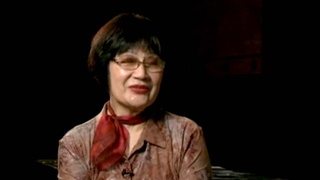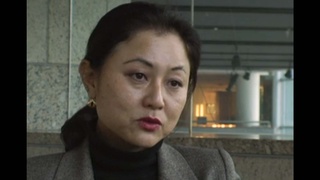Interviews
Reason to come back to Canada in 1954
Well, it's much easier living here. Far better. Japan, although they lost the war, was pretty well still a closed society. The company structure was more feudalistic, the construction company was really feudalistic. If you weren't a relative of the founder or anything, why, you'd never get to the top. So it was much easier to make a go of it in Canada, so I came back. And I think I made the right decision. Sure, after I left, Japan embarked on an industrial come back, and you know how prosperous she is now. Now it makes me wonder whether thing, but no, it's hard for me to make the thing because I, I went to Japan when I was sixteen, and I still had the customs, Canadian customs. And it's hard to get used to Canadian society and life per se. So my judgment was this is probably better if I went back to Canada and started over again.
Date: October 29, 2005
Location: Toronto, Canada
Interviewer: Norm Ibuki
Contributed by: Sedai, the Japanese Canadian Legacy Project, Japanese Canadian Cultural Center
Explore More Videos

Tango makes him to stay in Argentina (Spanish)
(1925-2014) La Plata Hochi, Journalist


Decision to settle in Argentina after WWII (Spanish)
(b. 1929) Nisei Argentinean



Going to Brazil to escape debt (Japanese)
(1911-2010) Founder of JACTO group


Treatment of Japanese Paraguayans during World War II (Spanish)
Nisei Paraguayan, Researcher

Inclusiveness of the first Japanese colony in Paraguay (Spanish)
Nisei Paraguayan, Researcher

Nikkei contributions to Paraguayan agriculture (Spanish)
Nisei Paraguayan, Researcher

Leaving for the States without telling my parents (Japanese)
Shin-Issei from Gifu. Recently received U.S. citizenship

Grandmother convinced his mother to return to Canada
(b. 1928) Doctor. Former Chair of the Japanese Canadian Redress Foundation.

Government urged Japanese Canadians to go to Japan
(b. 1928) Doctor. Former Chair of the Japanese Canadian Redress Foundation.


Not wanting to stand out as a foreigner
Sansei Japanese American living in Japan and Kendo practioner
